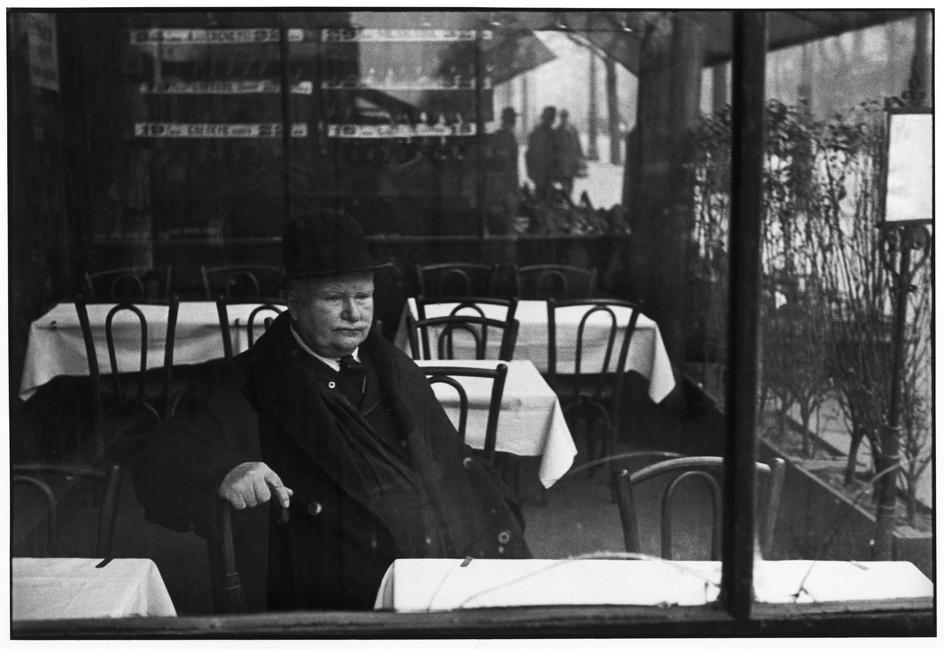
FRANCE. Paris. Avenue du Maine. 1932.
The New York Times writes today about a growing movement, especially in France, to limit public photography of strangers by so-called street photographers. In the land of Henri Cartier-Bresson, who used the term “Decisive Moment” , to describe that flash of life’s movements captured by lens, the art of unposed and candid snapshots may be restricted.
I find this trend odious and unwarranted.
The role of the photographer, capturing people out in the open, in public spaces, doing anything, must be a sacrosanct and protected part of a free society.
In response to the NYT article I wrote this letter:
As a photographer in the US, my observation is that the once clear lines between public and private presentation, where you put on a hat and gloves before leaving the house, where you didn’t use swear words in public, and people presumed that others were decent and honorable, well that whole world was upended by the 1960s.
Throw in the internet, which opens the whole private life of a person up for public display, and people are, naturally, feeling invaded by strangers. The easiest way to express their anger is by acting hostile towards the man on the street with a camera.
Is it rational? No. Is it legal to prevent street photography? No. Can children in a playground, a person being arrested, a woman sitting alone in a cafe be photographed? Yes.
We are ironically freer and more liberated in acting out our vulgarities and misbehaviors, our decadence and eccentricities, yet we are going back to that question of honor, privacy and human dignity that every culture struggles with.
Will we allow free and lawful street photography? Or will France and other Western countries cover the collective lens with a legal burqa?

Wasn’t it helpful to have so many people with cameras (on their phones and otherwise) at the Boston Marathon? Are cameras an invasion of privacy, or is restricting them a limit of freedoms?
LikeLike
Two different types of photography. One is for art. The other for law enforcement. Comparing them is, with all due respect, ridiculous.
LikeLike